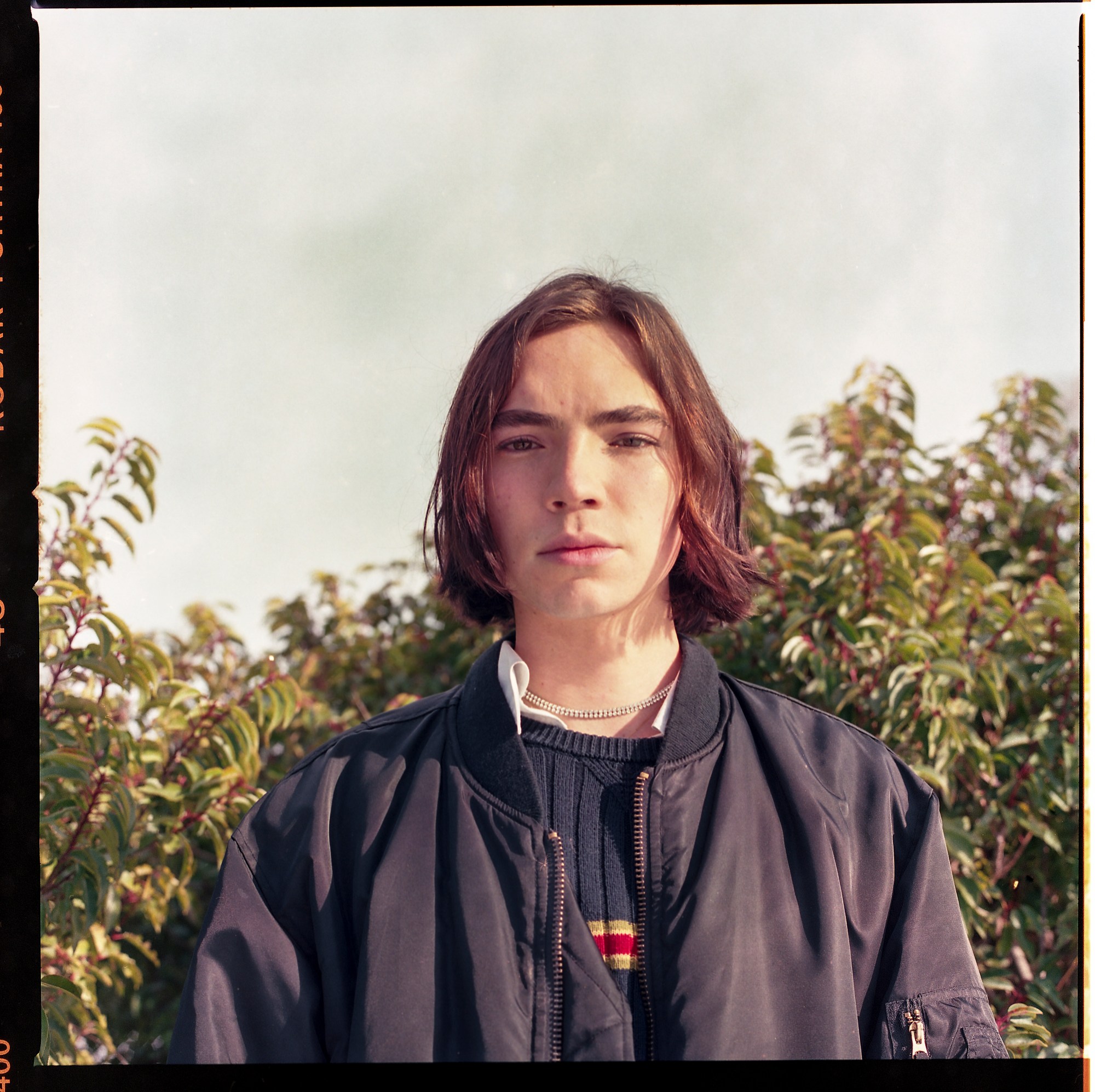On 18 December 2020, Swiss lawmakers voted in favour of legalising same-sex marriage. It’s long overdue, but still feels like an important milestone, as Switzerland lags behind many of its neighbouring countries with regards to LGBTQ equality. Same-sex relationships were legally recognised for the first time in 2007, and certain forms of homophobic discrimination were only outlawed last year. So, unsurprisingly, since the marriage equality bill first came to the parliament floor over seven years ago, it has faced constant opposition from religious groups.
In a few months time, the bill will go to a public referendum, as called for by a ‘non-partisan’ group of politicians claiming to defend the sanctity of marriage as an institution between a man and a woman. But thanks in large part to the tireless work of the bill’s proponents, most are confident public opinion lies in its favour and the referendum will pass. This means a lot for queer families. Joint adoption is currently restricted to married couples, thus adoption has been de facto illegal for same-sex couples, and won’t be made possible until after same-sex marriage has been officially legalised.
In another victory for LGBTQ campaigners, lawmakers have also voted in favour of simplifying the process for trans people to legally change their gender. It’s a big leap forward, with only seven other countries in Europe allowing trans people to do so “without the involvement of a doctor or a court, in what is known as ‘self-ID’.”
With all this change happening, Farah Mirzayeva photographed a series of portraits of young, queer-identifying Swiss residents from Zurich, Geneva, Lausanne, Basel and Fribourg. Below, we speak to them about what growing up in Switzerland was like, whether the same-sex marriage bill matters to them and why they think it took so long to pass.
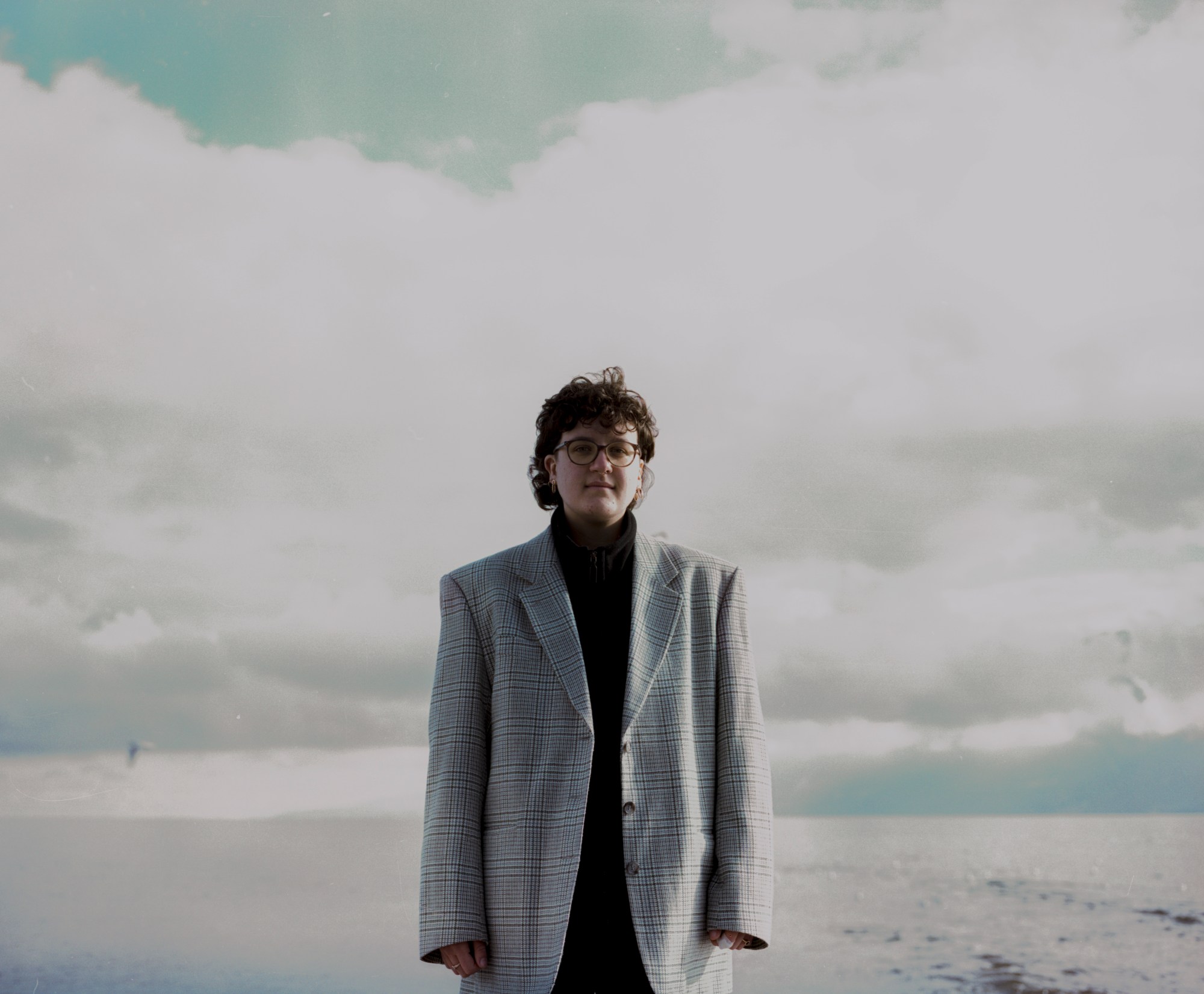
Margot Valipour, 19, Lausanne
“In Switzerland, privacy and discretion are really important. Technically, discrimination based on sexual orientation is punishable by law to the same extent as racism, and hate speech towards lesbians, gays and bisexuals could lead to three years in prison. However, this law does not include intersex and transgender people, which shows that the country still has a lot of work to do. And homophobia being punishable by law doesn’t mean that you won’t ever see or hear hateful speeches or symbols. I’ve seen a lot of vandalised posters during pride month, with all sorts of hurtful words on it.
Switzerland is well known for being a neutral and free country from an international point of view, but is also seen as a slow and conservative country. Everything in Switzerland is complex and takes time. Having four different languages and 26 cantons [administrative divisions], with different mentalities and religions, doesn’t help the process. I would say that LGBTQIA+ rights are so late in Switzerland because of the country’s discretion. People wouldn’t really talk about it, which didn’t make this subject appear as a priority.
Lausanne isn’t really the best city compared to Zurich and Geneva when it comes to the queer scene, which is almost nonexistent. There are a few collectives organising queer parties in a few ‘queer-friendly’ clubs, but I would say that the queer scene has found its place in the underground nightlife raves. They are very private and secret, the scene’s circle is very close, and invitations spread by word of mouth.”
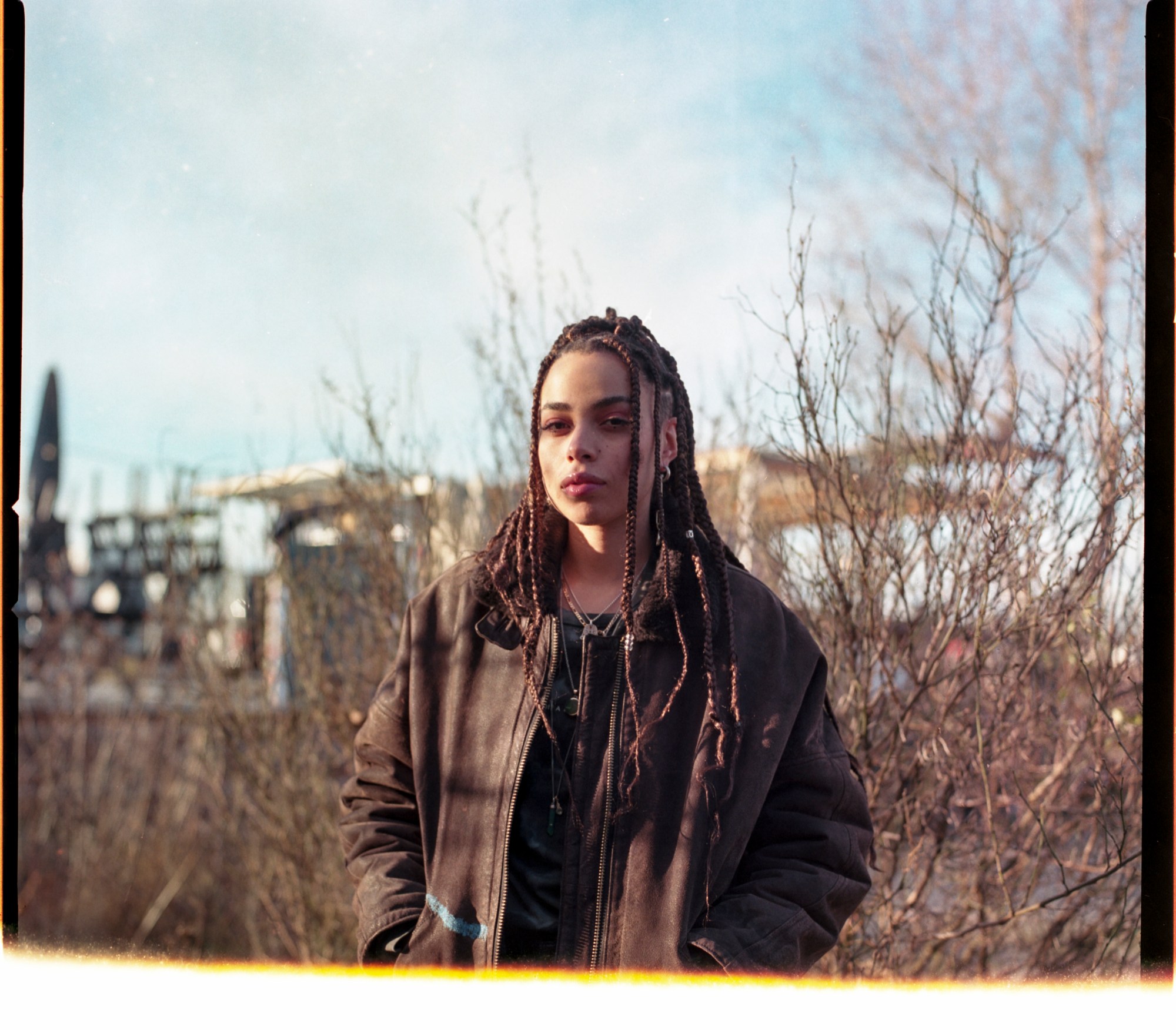
Ananda, 23, Basel
“I was very lucky growing up. My family was consistently open-minded when it came down to queer topics. I always felt welcome and didn’t have to feel ashamed regarding my orientation. However, I often felt a sort of pressure from Swiss society. I felt like I was playing ‘hide and seek’ with my queerness outside.
On the one hand, Switzerland does feel progressive, but on the other, I’m having difficulties trying to understand why it took so long to achieve a bare minimum of equal rights in an allegedly first-world European country. I perceive Switzerland as a very narrow-minded society, afraid of change and the risks that may come with it.
In Basel, there are some queer parties here and there, which is nice. I would say that the queer scene is in the making. I can feel there’s an urge to express and represent queerness in the city, and the youth are definitely making moves.
With the marriage bill, all I can say is, finally! I’m very happy that we made this step. It took forever, and it’s just the beginning. It gives me joy when I think that I can marry whoever I want. I strongly believe that if we keep moving the way we are a definite change will come. We just have to keep up the pace.”
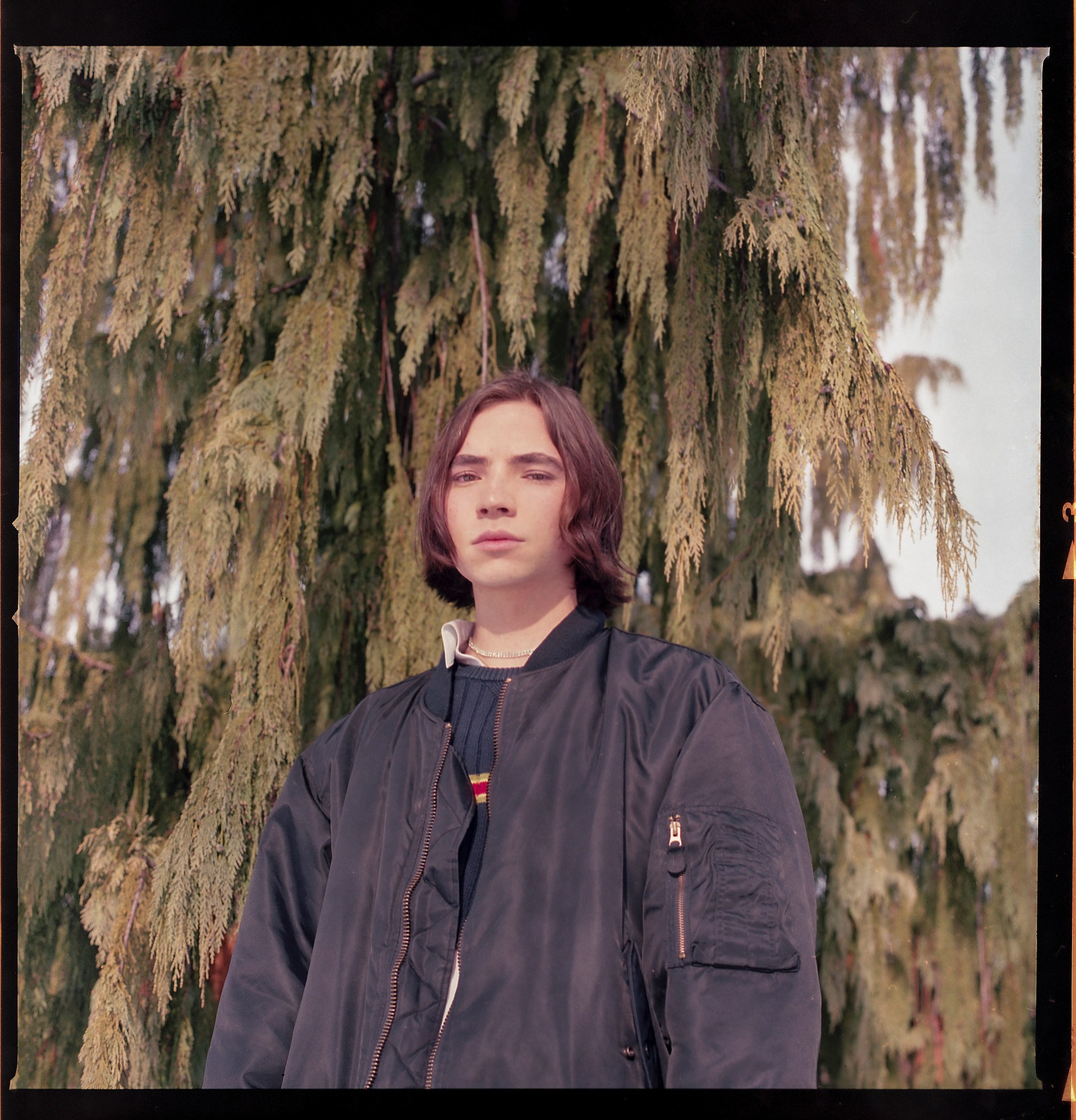
Danny Byrne, 22, Basel
“Growing up queer in Switzerland was really tough for me, especially living in a small village. There was hardly anyone I could look up to, who could guide me. As soon as I left my shit-town of a village, things got better, but I am still aware that I have to be careful in certain places. The queer scene in Basel is rather lame, but otherwise, Basel is very queer-friendly and open compared to Zurich, for example.
Although I appreciate the political system that we have here in Switzerland and the possibility of voting and being able to start initiatives (only for people with Swiss citizenship though, which is also something that could be worked on), it takes a long time for change to happen and for new laws to be passed. For example, the initiative for same-sex marriage started back in 2013 and only passed last December. The opponents will probably seize the referendum, so the public will vote on it later this year.
It’s a pretty historical step considering Switzerland has always been pretty slow with laws regarding equality. Women have only been able to vote since 1971. Personally, I don’t really care about marriage, but I can definitely see why people do.”
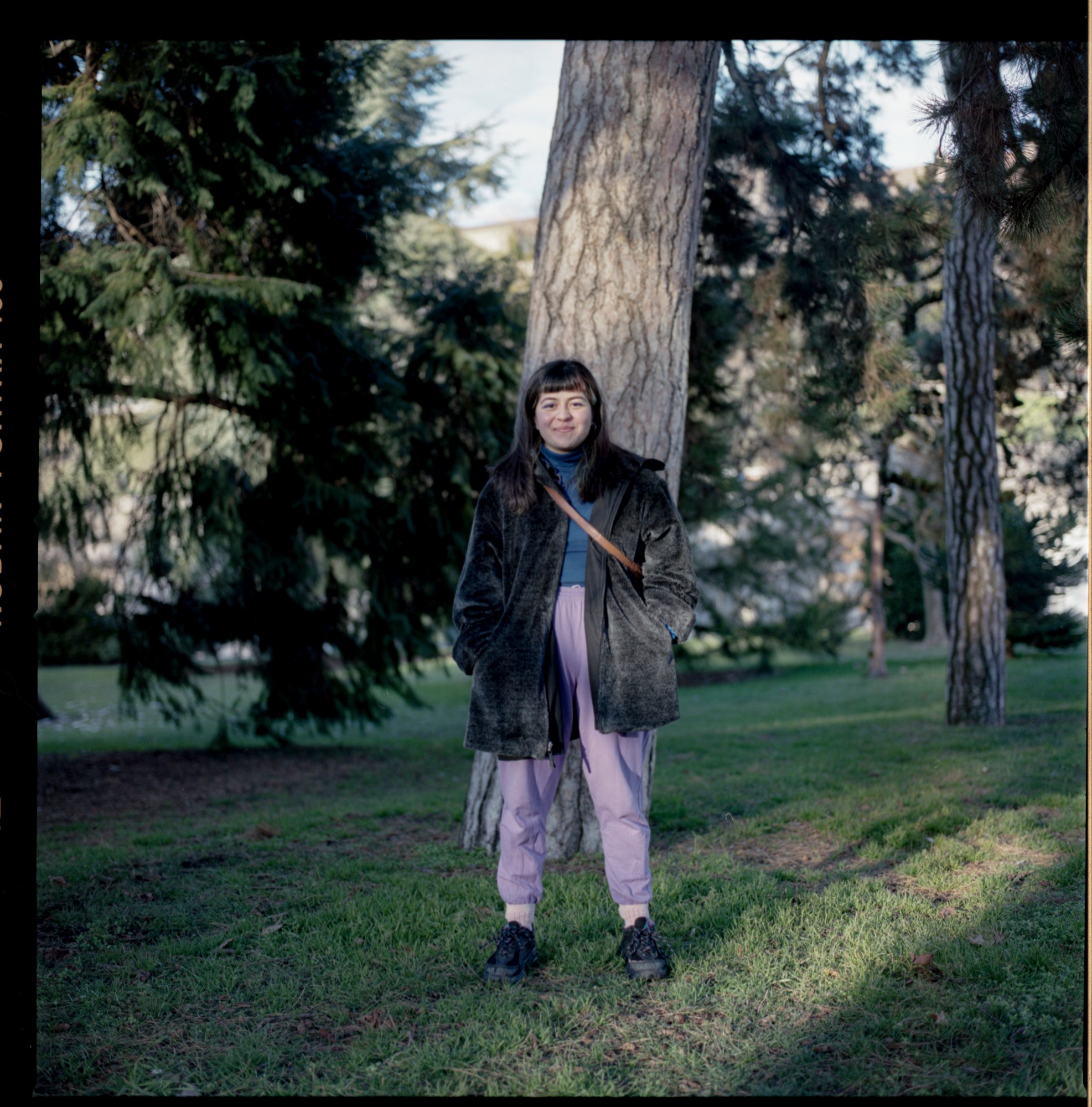
Mara, 22, Geneva
“Switzerland is a pretty conservative country, in which sexuality — especially when non-heteronormative — is confined to ‘private life’, and thus LGBTIQA+ claims are often silenced. I think being queer is usually disregarded as a political matter, as a questioning of the oppressive norms and the violences that they hide. Also, ironically, I believe that Switzerland’s democratic system is one of the main factors that holds us back on LGBTIAQ+ rights.
I feel pretty lucky for the queer scene in Geneva. Compared to other places in Switzerland, it is pretty flourishing. That being said, more accessible, non-mercantile and inclusive queer spaces are still missing. In that sense, Geneva’s queer scene (including the queer activist spaces) faces ‘the usual issues’ — it can be hardly accessible to neuroatypical people, and it tends to be very cis, white and middle-class.
I think the public debate around gay marriage is an important milestone. Still, when I think of the ‘gay marriage’ bill, I think about who has access to it. Who does it serve? What about other queer forms of creating kinship, building communities? Why are those not recognised and legitimated? Is marriage not just part of the small cis-heterosexual political agenda they are willing to allow us? What about more social justice? What about self-determination?”
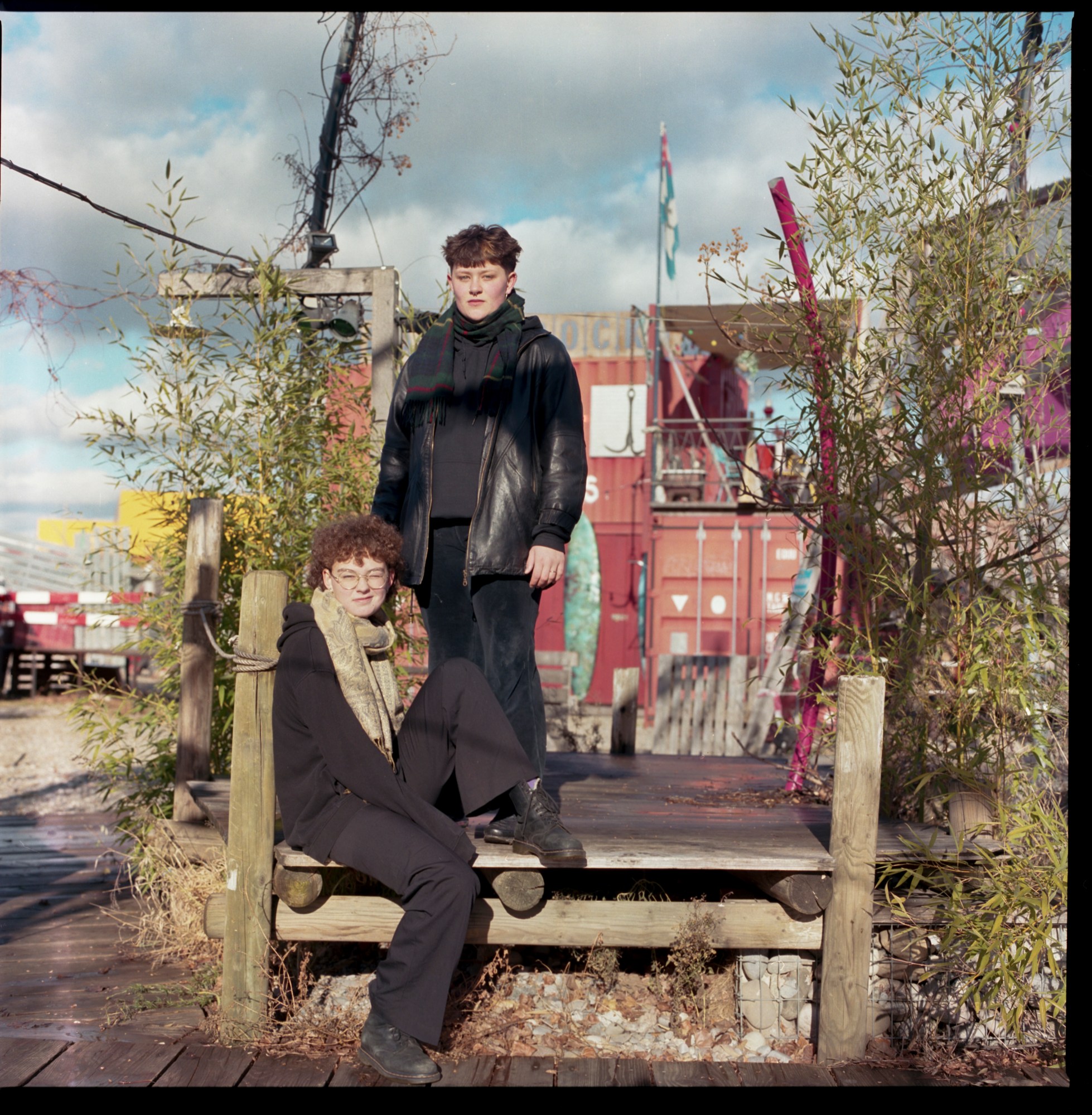
Betty Liv Achterberg, 16, Basel
“I think it’s very nice that homosexual couples are now allowed to marry and that lesbian couples are allowed to have children via sperm donation. Even if I do not plan to get married, at least I have ‘permission’ to do so.
Fortunately, I am in an environment that is very open and accepts everyone as they are. I am very grateful for that. Unfortunately, like so many others, I have had to listen to some unpleasant remarks in the past, especially from strange men on the street.
I believe that things have already improved, but equality has not been achieved. So much more has to happen. So many people are still beaten up in the street and discriminated against. There is a big left-wing scene in Switzerland, but I think in the countryside, and in the affluent areas, there are many outdated thinkers who cultivate other conservative ideologies. Of course there are those who don’t, I don’t want to generalise.
Basel has a large LGBTQIA+ community. Everyone tries different things with different people. There are various events and demonstrations in Basel in which many people come together and celebrate, fight for their rights or talk. The LGBTQIA+ community holds together, and does receive support from many other people.”
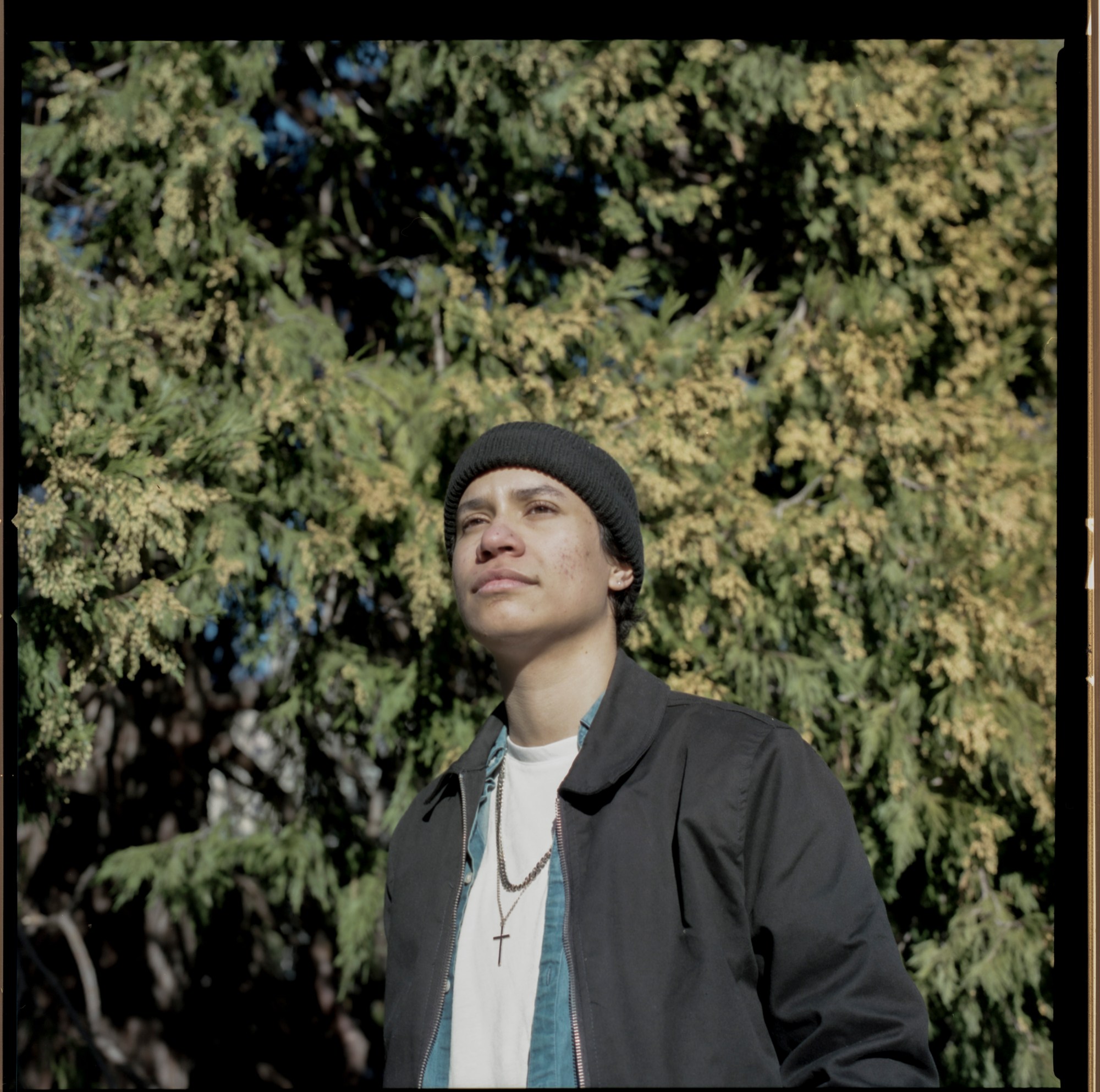
Dean, 23, Lausanne
“My experience growing up in Switzerland was mixed. On a personal level, I was able to come out (then) as a lesbian to my friends at school around age 13, with a positive outcome. But being out in public was sensitive and nerve-racking. Homophobic slurs were common.
While I now identify as a transgender man primarily attracted to women, I was personally concerned by this bill for most of my life. I know many peers of mine reject the institution of marriage. Still, despite its root in religion, a concept I do not subscribe to, the overall idea of a longterm partnership and commitment is sentimental. I have always happily assumed I’ll be married, in a traditional sense. The ritual represents an official way to show each other that the feeling is mutual.
Switzerland is progressing, but it is not progressive. Change here is slow. The country is reputed for its stability and, while it sometimes serves us beautifully, it’s that same stability that enables groupthink and complacency facing change.
A queer scene exists, although I always found it biased in its catering to gay men, but that might just be my experience. After studying in the US, I realised how small it is, almost claustrophobic. The Swiss queer scene is also quite regional rather than city-based; people from Lausanne go to Geneva, Bern and elsewhere to find queer events, and vice versa. Travelling is an inherent part of enjoying the queer scene here.”
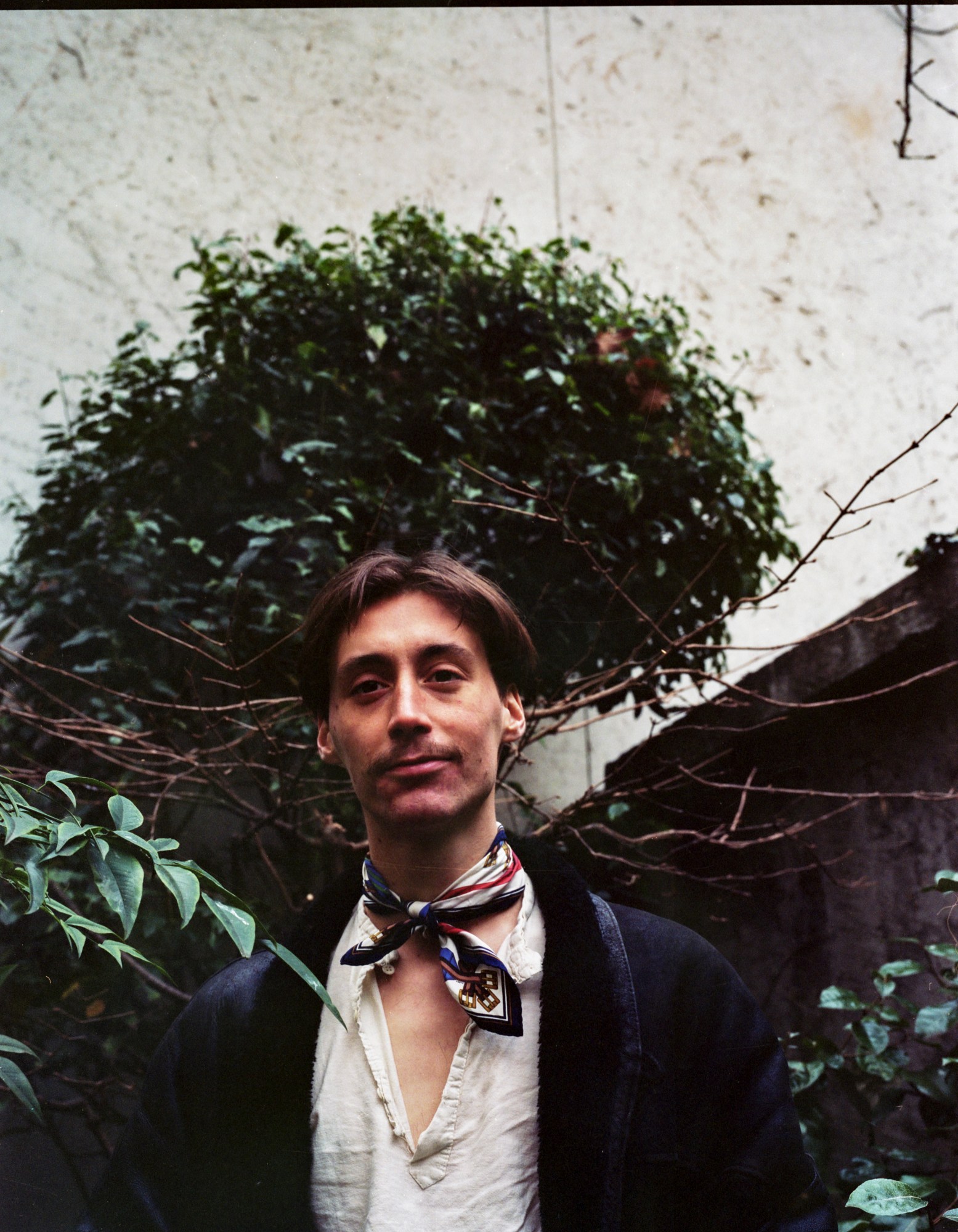
Edgar
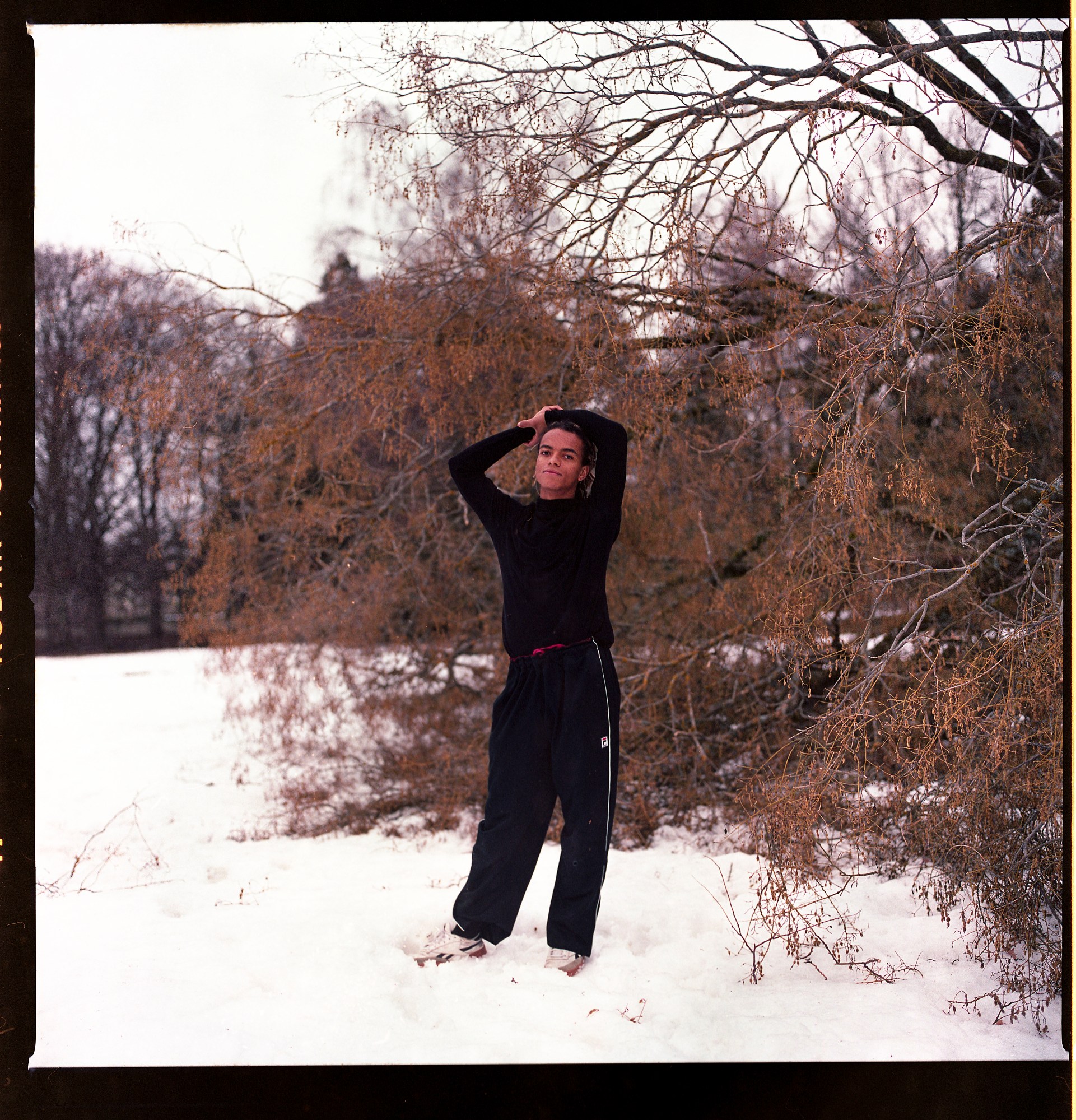
Kofi Boanyah, 21, Zurich
“In the environment I grew up in, there was no one representing or living queerness. I was taught to grow up as a heteronormative cis male. I have sort of always kept my queerness within myself and never questioned what I’ve been told. During my time at the Gymnasium [academic Swiss school], I started to open up a tiny bit. But still, we were only a few queers in the school, and I wasn’t brave enough to go full-out queer.
When I look at queer, art and leftist scenes, it feels like Switzerland is making progress. But still, it makes up only a small part of the country. There are lots of Swiss citizens living inland who are very conservative and make up a large part of Swiss society.
The queer scene in Zurich is young, small and committed. The houses, for example, are working hard to bring ballroom culture into Switzerland. We are very motivated to fight for equality, spread awareness and increase the scene in Switzerland.
The gay marriage bill is important to me because I believe in the equality of every human being. But it’s not necessarily a milestone because there are still many bills that need to be enacted. The Federal Constitution of Switzerland says that every human is equal before law. This isn’t true in so many ways.”
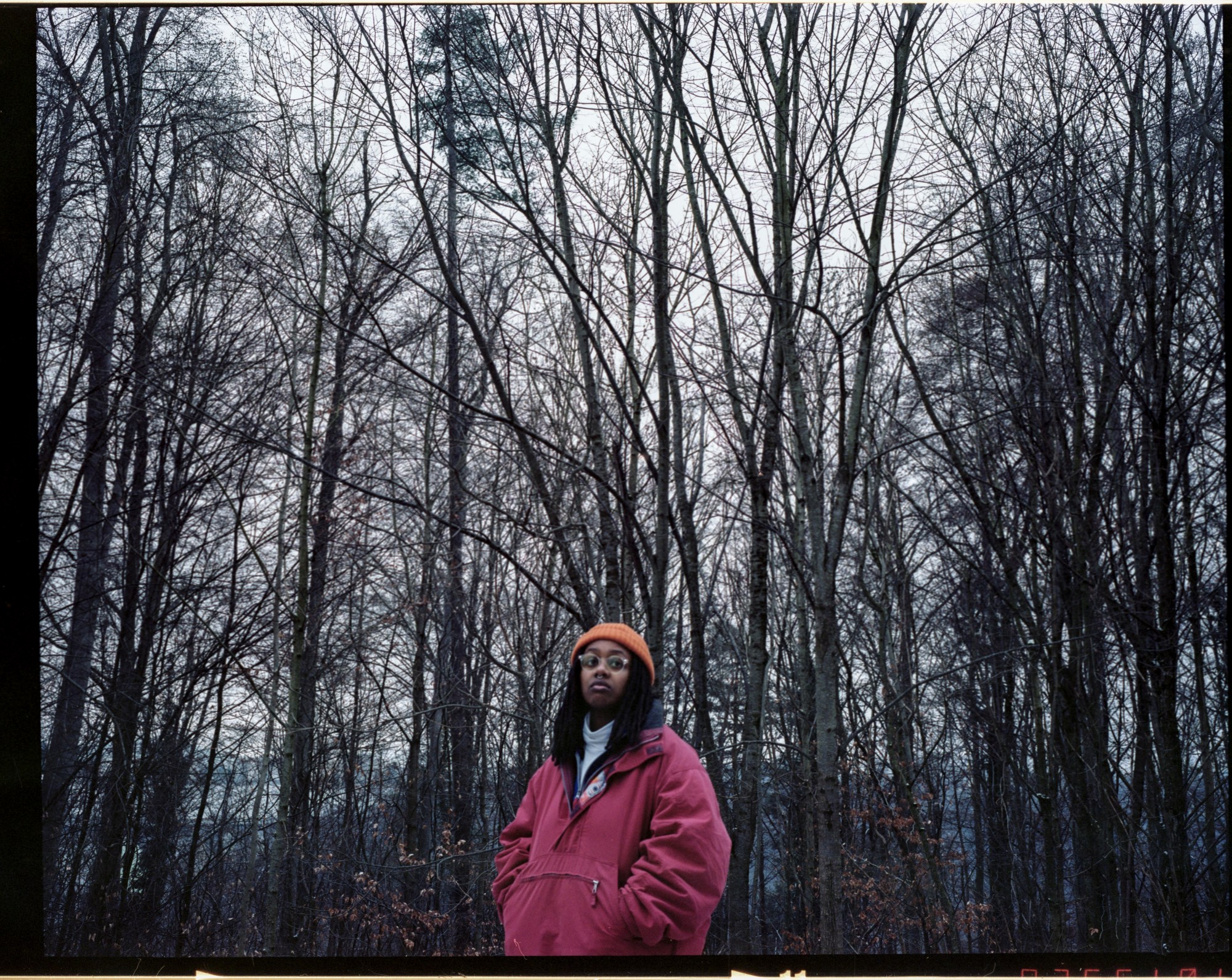
Laury, 23, Fribourg
“It’s very difficult for me to describe my experience of being queer while dissociating from the fact that I’m also a Black person. The reason is that even though I had the chance to find LGBT+ people around me quickly, they weren’t all queer (which for me is not the same) and they were all white, so I never felt like I really belonged. I will say that overall, my experience was easier before I came out as a trans person and identified as cis and a lesbian. Easier does not mean that it was easy.
I would say that Switzerland is a country where addressing an issue directly is not common. In the sense that, no one fully disagrees nor agrees… nor does anything. Even if people agree that things need to change, they also really believe in the tradition of it happening really slowly. This is what makes progress in Switzerland even slower than other countries.
Since Fribourg isn’t a big city, I would say that the queer scene here is small but really united. For me, it was weird to come here and access it. It felt closed to outsiders. In reality, it’s just different; in Lausanne, for example, I met more people through the queer night scene. Here in Fribourg, I met people through LGBTQ+ associations or uni. I would say, however, that it’s harder for a trans person to find resources here (medical or legal help) compared to Lausanne or Geneva, where it’s not ideal, but still doable.
For me, the marriage bill means having choice, even if I don’t really know how it includes me as a trans-non-binary person. But I do know that it opens more doors than it closes. Having a choice is important.”
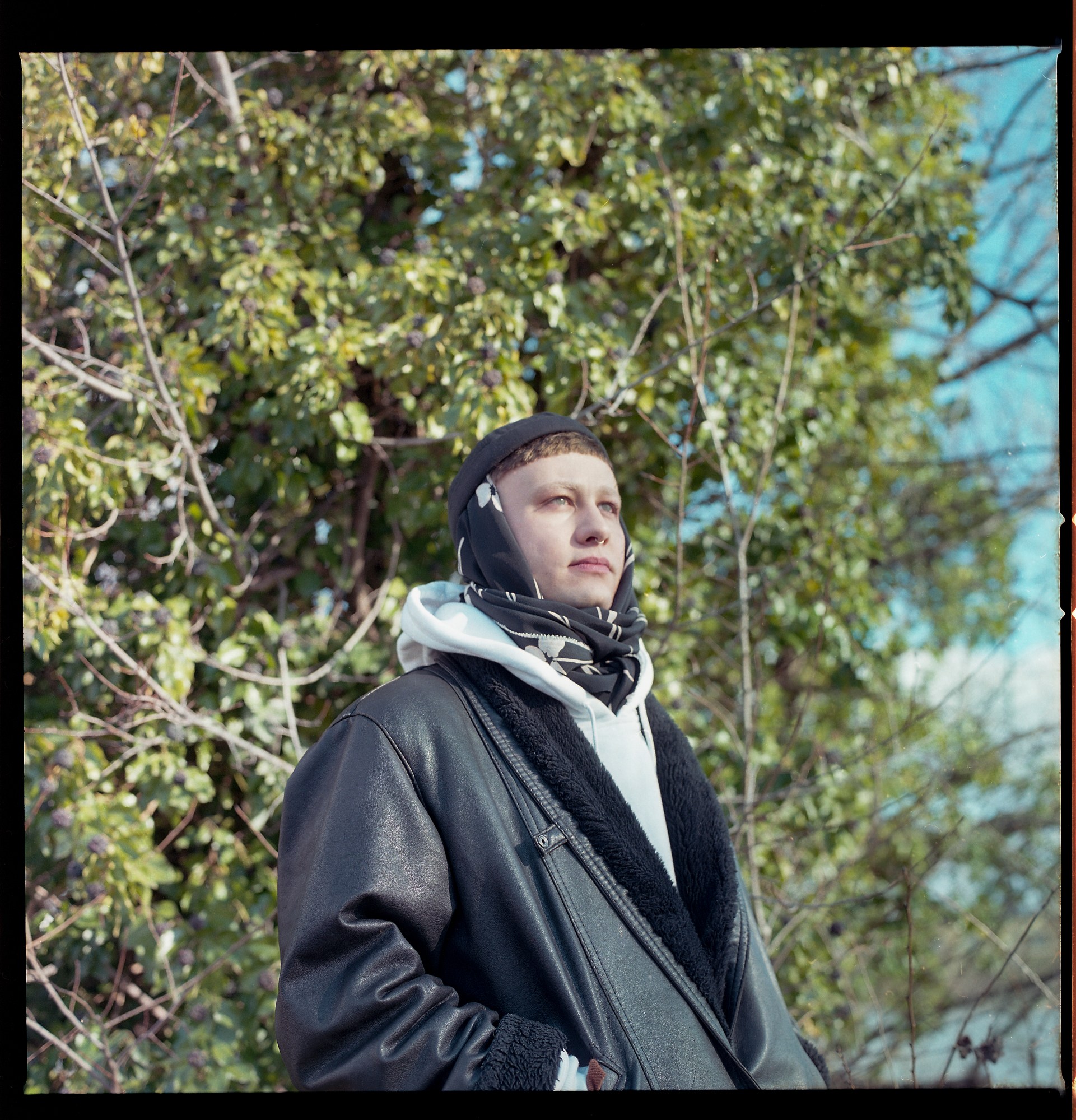
Miel, 23, Basel
“I think growing up queer is never easy. Switzerland has a very old and traditional culture, that is heavily influenced by Christianity. Since I was a child, I knew that I was different. First, I thought I was ‘only’ gay. And that was hard enough. I had struggles with my family, friends and society because of this.
My perspective changed drastically when I came out as non-binary. I experienced misogyny, queerphobia and sexism at once. I still experience things like misgendering and discrimination on a daily basis. Genderqueer people are not accepted on a juristic level. That means that I don’t really exist as me in our society. I’m called by my dead name, get weird stares when I dress in an ‘androgynous’ way. I often fear being verbally, mentally and physically attacked when I leave my house.
Even though many people identify as atheists, our politics and laws are heavily influenced by religion. What I experience personally is that many queer feminist subcultures build safe spaces for people like me. Through these communities, I have received so much support, love and acceptance.
The gay marriage bill is very important to me. It’s a big step towards equality. But like I mentioned earlier, even though gay and lesbian people are allowed to marry, when it comes to having children, there is no equality here. And society does not seem to be interested in giving us exactly the same rights as the cis, heteronormative majority. I think there have to be made many more changes until we reach equality between sexes, gender and sexual orientation.”
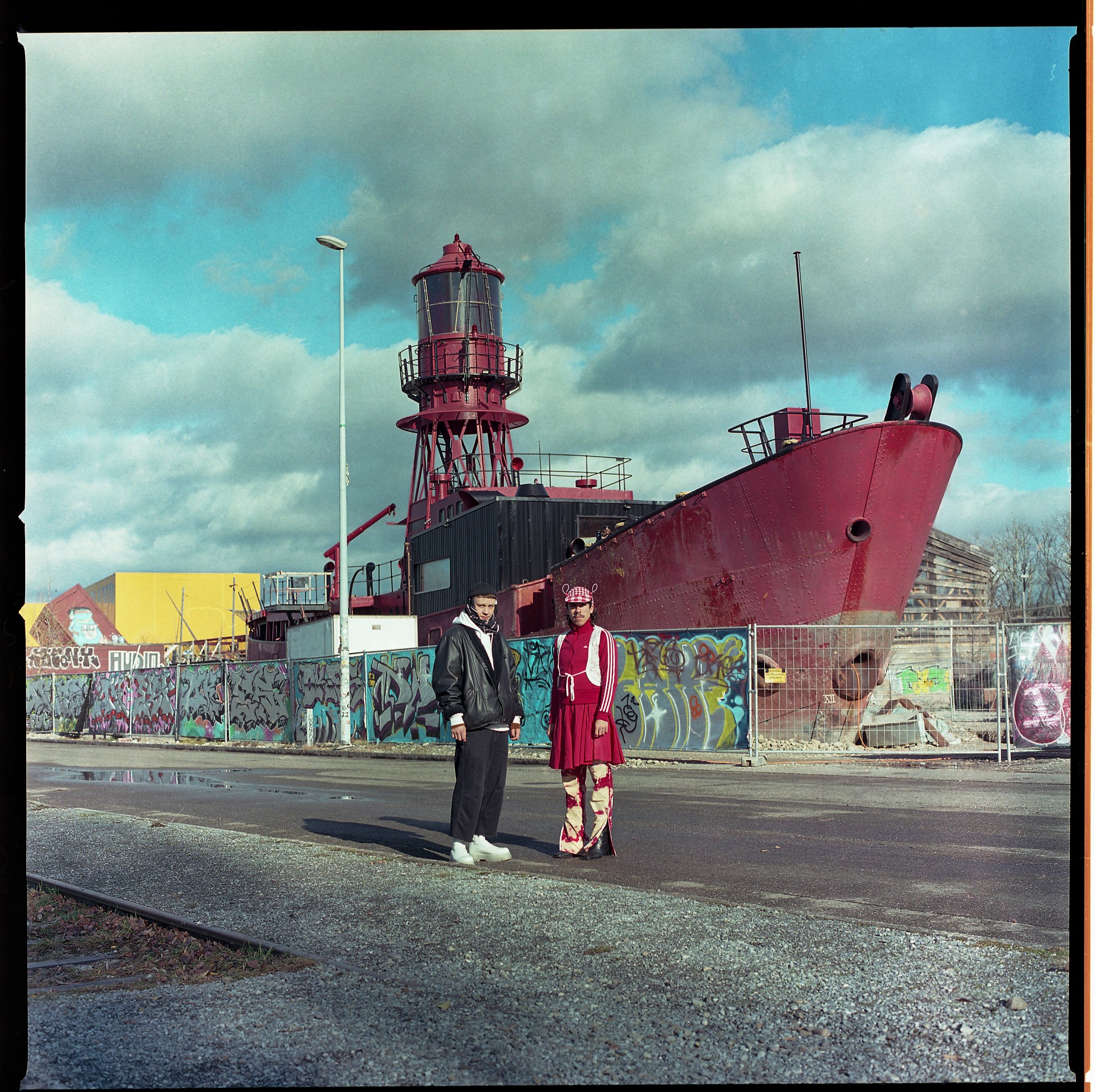
Lou, 22, Basel
“We might be good at producing watches, and our trains might be on time, but ironically we’re always late. Switzerland is very slow in progress in every aspect of equality. In my opinion, the Catholic and evangelical church play a big role in that. Although the church is steadily losing people, religious beliefs still have a big influence on our political system. Faith is used as an excuse for discrimination.
I grew up in a religious household, and I never really had the space to express myself or the support. So I took the easiest route and played someone else, someone who everybody was pleased with and stayed in character for a very long time. I don’t think that Switzerland has the right to call itself progressive, but change is happening in smaller circles, pushed by marginalised people. Many argued that a law which Swiss voters agreed upon last year, penalising public homophobia against gay people, went against freedom of speech. It should also include protection of transgender people, but it was rejected for being too vague. So, hate speech and discrimination based on gender identity is still legal.
A year ago I would have said no, I’m not hopeful about the future. But I’m really lucky to have found amazing people who helped me to be myself and created a safe space in which I can express myself. And to see how we support each other fills me with hope.”
Follow i-D on Instagram and TikTok for more photography.
Credits
Photography Farah Mirzayeva
